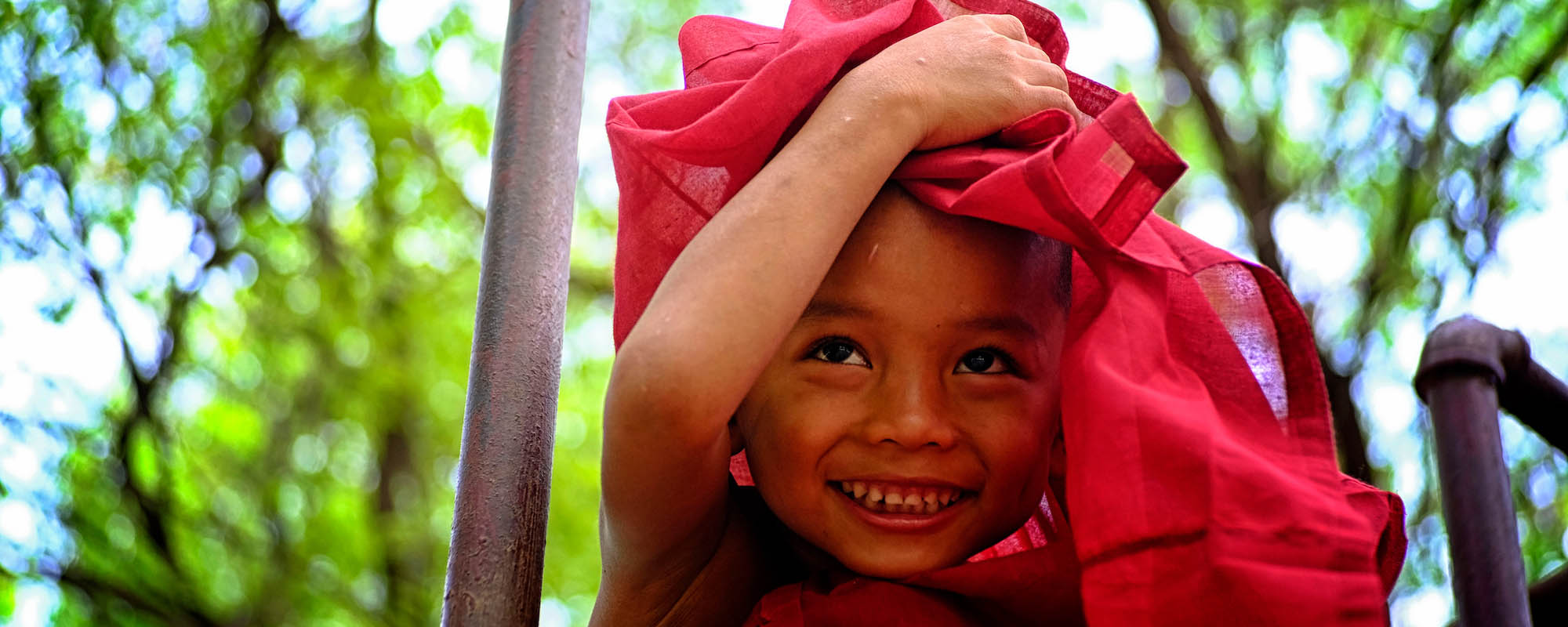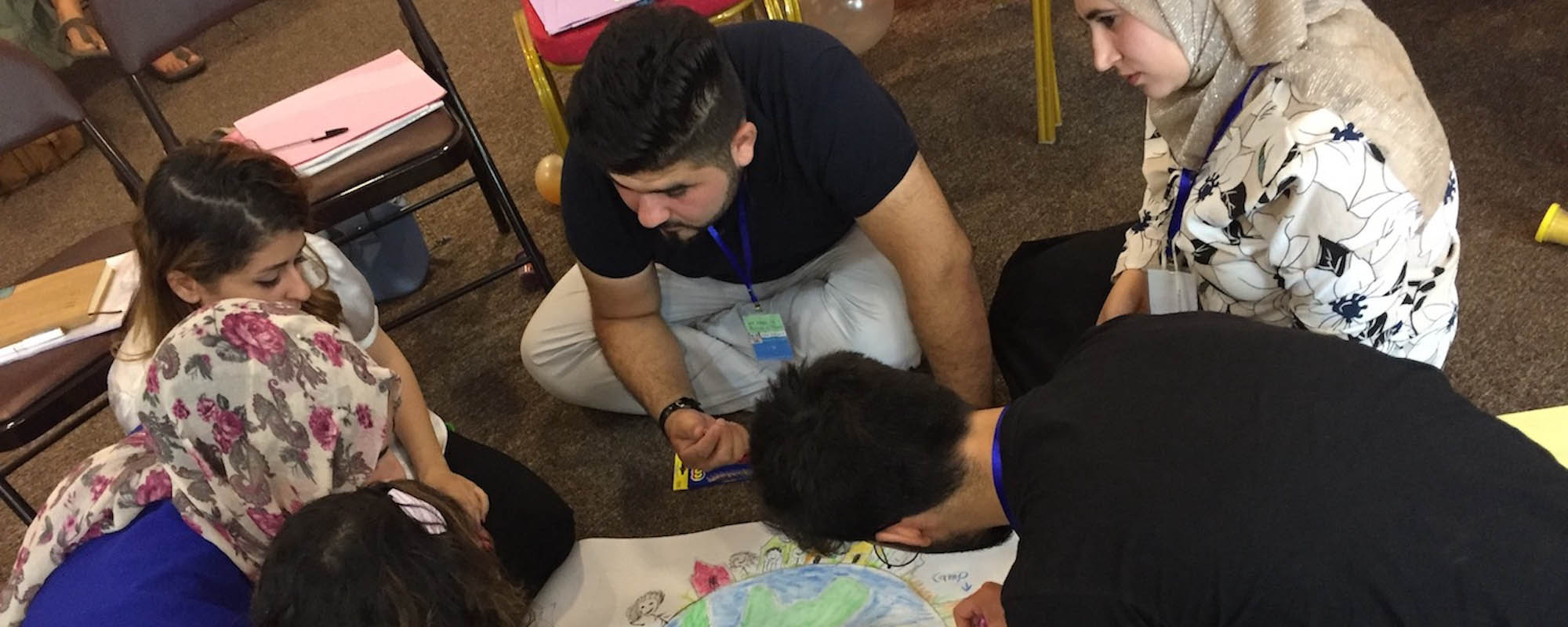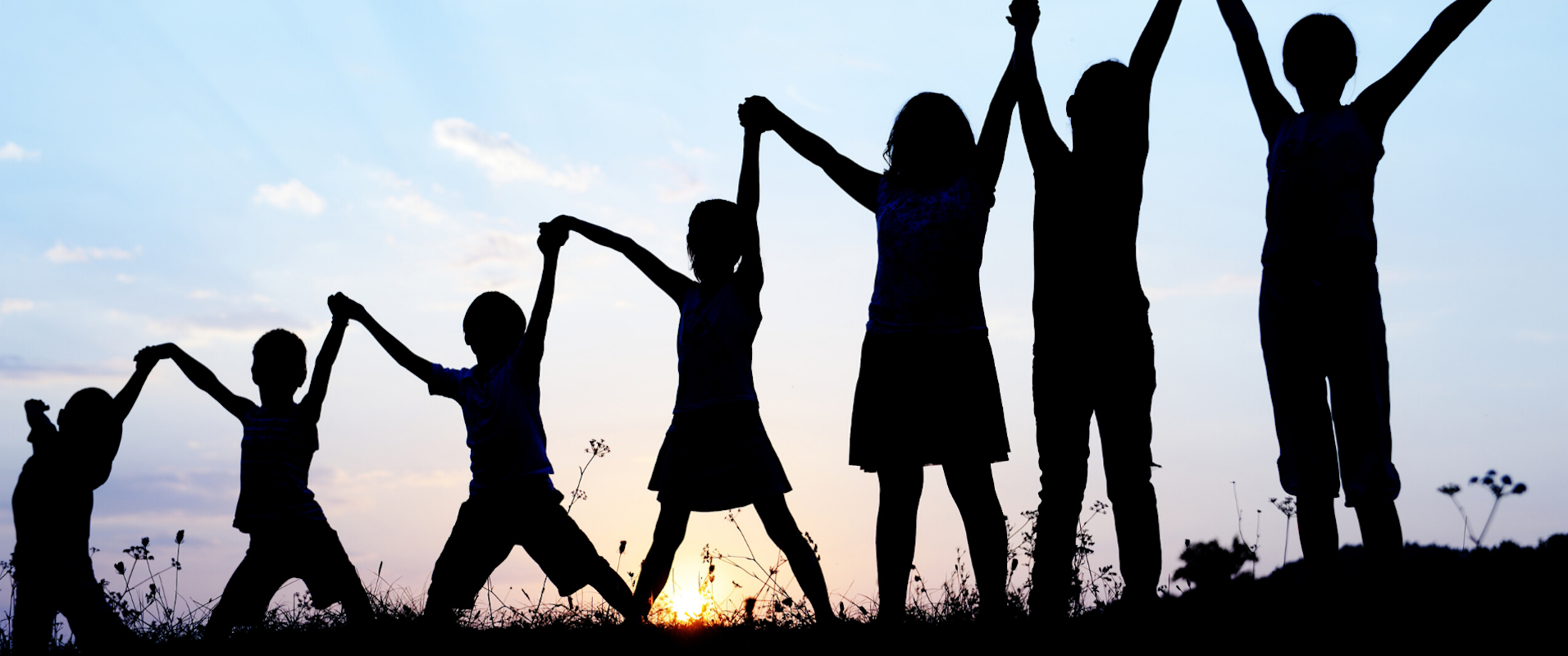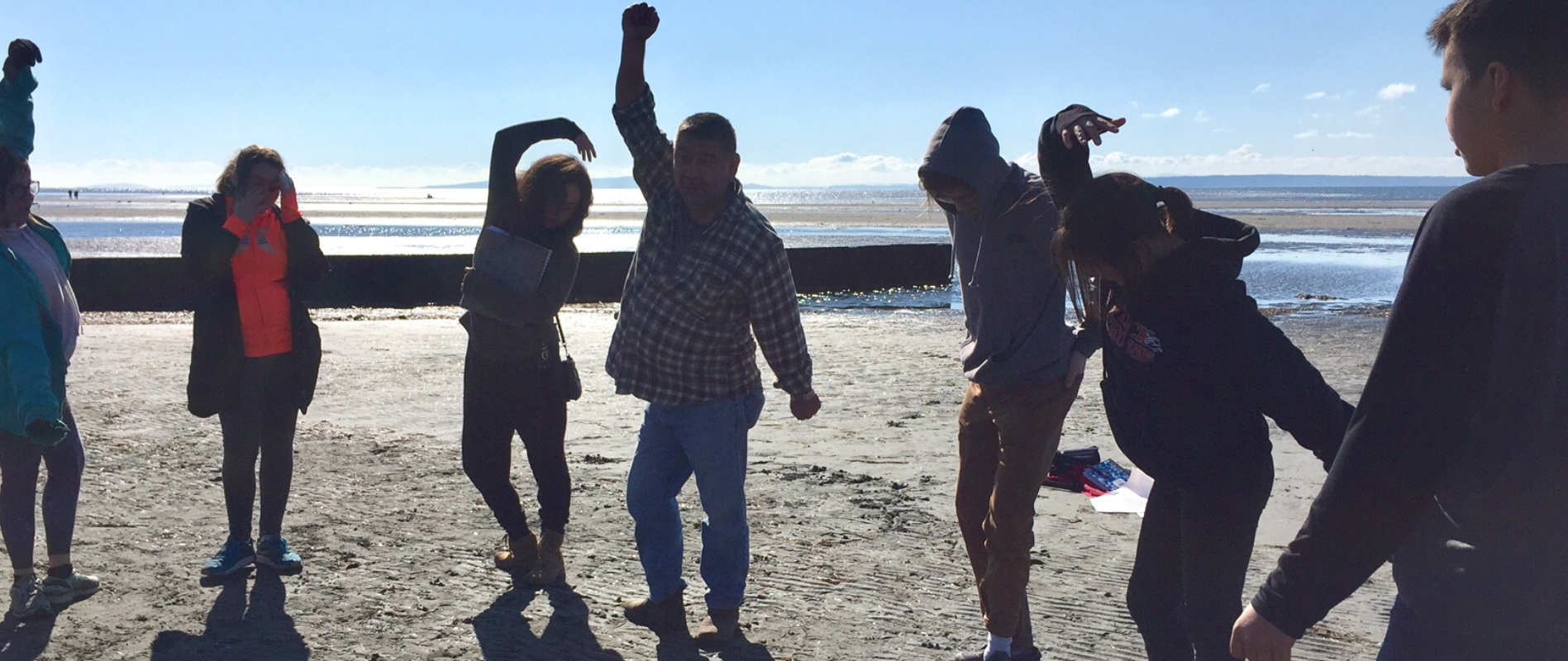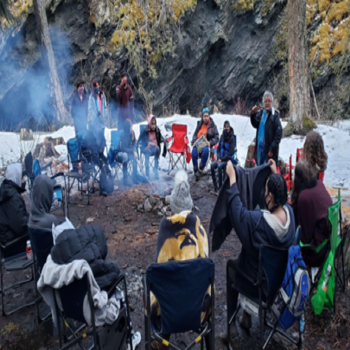Photo: Youth share medicines they find from the land in a “bonding fire” with traditional knowledge keepers, February 2021 (with Elder Dory LaBoucane)
“We are helping young people to see how they can change the moment they are in ... because the medicine bag is really within all of us to grow through this pandemic.” - Justin Young (Thunder Sky), IICRD Facilitator
COVID-19 and related public health measures have urgently and seriously exacerbated long-standing issues of social isolation and cultural disconnection issues among Indigenous youth.
At the same time, access to cultural teachings and medicines can serve as an important protective factor to support youth and families to navigate these challenging times.
To nurture these protective spaces, the Making My Medicine Bag project builds on community partnerships to inspire youth to maintain their right to culture through emergencies through exploring historical resilience and traditional teachings. Lii Michif Otipemisiwak Family and Community Services teamed up with the International Institute for Child Rights and Development (IICRD) to deliver this youth-guided project, with support from United Way of Thompson Nicola and Cariboo through the Government of Canada’s Emergency COVID-19 response fund. The project also benefited from Four Directions Secondary School staffing support.
Over four wellness circles, 25 Indigenous youth (ages 15-21) came together from Secwépemc/ Kamloops to reflect on what medicine means to them - what it looks like, where it can be found, why it helps them, and how to share the medicine with others.
“During our bonding fire, a COVID-safe gathering on the land, we asked youth to find objects and then tell us how it gave them medicine,” reflects IICRD facilitator Justin Young. “One youth showed us ‘snow’ as it represented play and stories for them. Another found a walking stick to share how it helped to support them and make new paths for others. It was beautiful to hear what medicines the youth picked and how it made them feel.”
Given zoom fatigue, facilitators focused on engaging youth to safely connect with each other and traditional knowledge keepers on the land. Through the crunching of snow, youth walked in the forest to learn about plants and trees that offer traditional healing. Another session involved making dreamcatchers. Drum beats, songs, and prayers honoured our ancestors — recognizing their resilience, since time immemorial, to survive devastating crises.
“When youth visit our drop-in programs, they usually want to play video games,” reflected Jody Kidder, LMO’s Youth Support Services Team Lead. “But, this project was different. Youth asked to go to the land and away from screens. I think that they benefited from being in nature to help process all of the changes impacting their life.”
“Youth also discovered a new appreciation for connecting to all our relations, including to our natural relatives. In a way, this was an unexpected gift from COVID.”
Lii Michif Otipemisiwak Family and Community Services and International Institute for Child Rights and Development (IICRD) are grateful for support from the United Way of Thompson Nicola and Cariboo through the Government of Canada’s Emergency COVID-19 response fund.
The partners hope to build on this collaboration to replicate this emergency programming model through summer cultural camps for youth and Elders.
Project Team: Traditional knowledge keepers - Ron Romma, Rhonda Bowe, Dory LaBoucane; LMO (Jody Kidder, Jonelle Gladue and Darryl Laboucan; IICRD (Justin Young-Thundersky and Elaina Mack)

